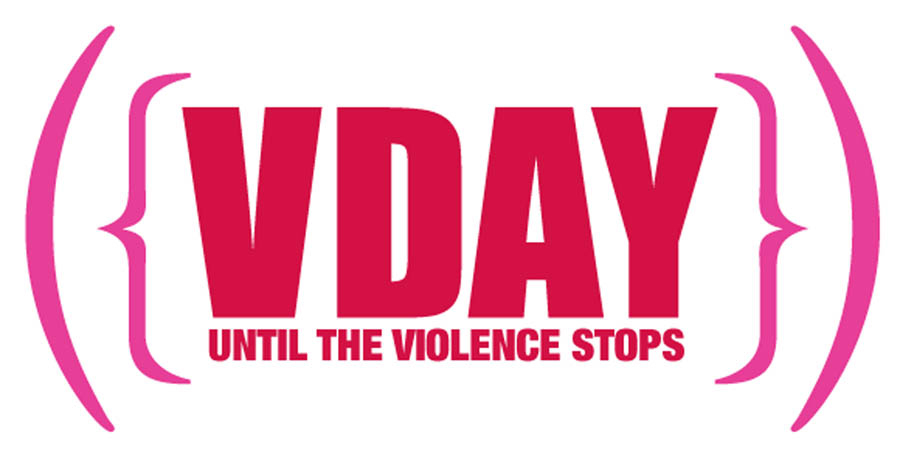01 Sep The Girl Selling Plastic Bags
View this post on Instagram
The humanitarian crisis in Afghanistan is worsening. The rights of millions of women in Afghanistan continue to be violated, stripped and threatened under the guise of “combatting vice and promoting virtue” as the Taliban continues to erase Afghan women from all facets of life as outlined in a 114 page document of new orders and strict measures governing everyday life for Afghan citizens. As women and girls face the brunt of these crises, Al Qaeda, ISIS and other terrorist groups have regained a presence in the country.
In “The Girl Selling Plastic Bags”’ Sana takes us inside the day to day life of young women and their families.
V-Day’s Afghan Women Speak: Stories from Inside Afghanistan blog series amplifies the stories and voices of Afghan women who can never be silenced. Every day, their rights continue to be violated, stripped, and threatened, but they continue to share the reality of their lives on the ground, in their own words.
We cannot underestimate the power of our solidarity at this moment. Read and Share their stories: vday.org/afghanwomenspeak
Support Afghan women and their families, DONATE to the Simeen Mobile Health Team today
We RISE with you, our Afghan sisters.
The Girl Selling Plastic Bags
I would like to share the story of Suraya, a girl I met recently in the streets of Kabul.
Suraya does not know how old she is, but she is not older than 9 or 10 years old. She lives in a mud house on the outskirts of Kabul with her mother, two sisters, and two brothers. Her father is a drug addict who left home one day two years ago and never returned. Suraya’s two older sisters were working as cleaners in an office, but the office closed when the Taliban banned women from working some months back. This forced Suraya to start selling plastic bags on main roads to provide food for her family. Her two brothers are younger than her, so she had to become the family breadwinner.
Every day, Suraya leaves her home to sell plastic bags. She buys plastic bags from a wholesaler and takes a bus into the city. On a good day, she earns 200 AFN (2 USD), just enough to buy bread for her family. In the winter, sometimes she does not sell any bags and comes home empty-handed.
When asked about her hopes, she said, “I want to be able to stay home and go to school. It is very difficult to wake up early and go to work, especially in the winter. I do not want to work anymore.” When asked about what she wants to do in the future, she said, “I want to get married to a rich person. My mother tells me that now I cannot study and become a doctor or engineer, and the only way left for my sisters and me to have a good life is if we marry rich men. My mother says that although she always dreamed her daughters would study, stand on their own feet, and not depend on any man, now the situation has changed, and the only way is to marry a good and rich man. To find a good man, you must have either beauty or parents with high status, name, or money. Our family is poor, with no money or status, so if we are lucky enough to become beautiful, we will still have a good chance for a good life. This is why I look at myself in the mirror in the morning and at night. I wonder if I am beautiful and think about how much more beautiful I could be with nice clothes and some makeup. I hope I can get these things in the future.” When asked if she wants to continue her schooling, she became sad and said, “I really want to go back to school, but I think we will not be allowed to study. I will have to get married soon because, when I get older, I cannot work in the streets. If I stay at home without a job, I will be a burden to my family, and we will all die of hunger, so marriage is my only option.”
It’s very sad that under Taliban rule, the burden on children to become adults and breadwinners has increased. How painful it is that they are so disheartened about their futures that they see child marriage as the only option, and even that depends on being “lucky enough to be beautiful and attractive.”



